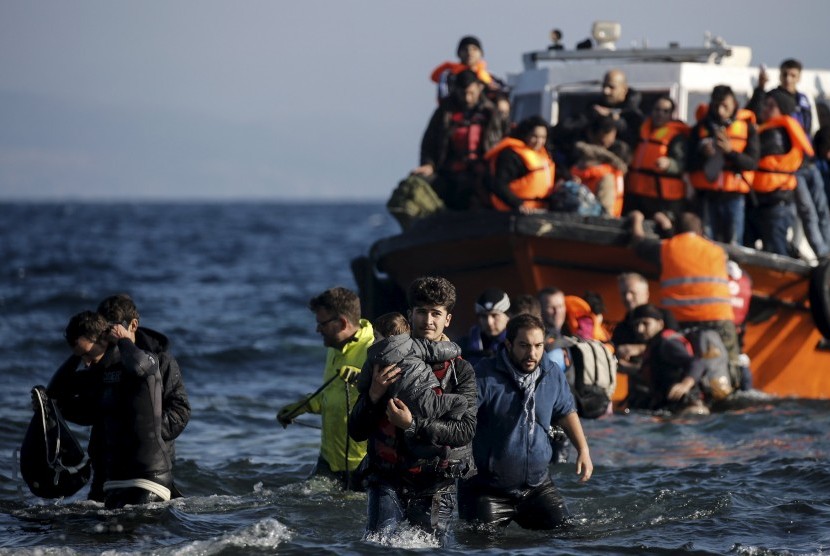REPUBLIKA.CO.ID, THE HAGUE -- The Netherlands has no obligation to provide food and shelter to refugees refusing to return home once their bid for asylum has been refused, a top Dutch advisory body said Thursday.
Thousands of asylum-seekers are left to their own fate every year once their bid for residence in the Netherlands has been turned down -- a controversial policy which has drawn sharp criticism for the Dutch government.
Those who refuse to cooperate with official moves to return them home often end up living on the street, or in squats and housing provided by charities or local authorities, but with no government financial support.
Dutch media has reported that there are about 100,000 people living "illegally" in the country.
The State Council said in its ruling that "the European Convention on Human Rights does not oblige the government to unconditionally provide a roof to unsuccessful asylum seekers."
"If the asylum-seeker refuses to cooperate with his departure from the Netherlands, the government can refuse him shelter."
There are some exceptions, such as if an asylum-seeker is not "psychologically" fit enough to understand that he will be deniedshelter if he refuses to leave.
The ruling comes as Europe is grappling with its worst refugee crisis since World War II.
The State Council, which oversees the legality of legislation introduced by the government, was called upon to rule on the issue after the courts initially granted a case brought by an Iranian asylum-seeker.
The government has stood by its policy of not providing food and shelter to those denied asylum in order not to undermine its refugee system by rewarding those who refuse to be expelled.
UN experts however have criticised the government for its tough stand.
Immigration is a sensitive subject in the Netherlands, and the current crisis has seen the popularity of the anti-immigrant Freedom Party of far-right politician Geert Wilders soar in the polls.


